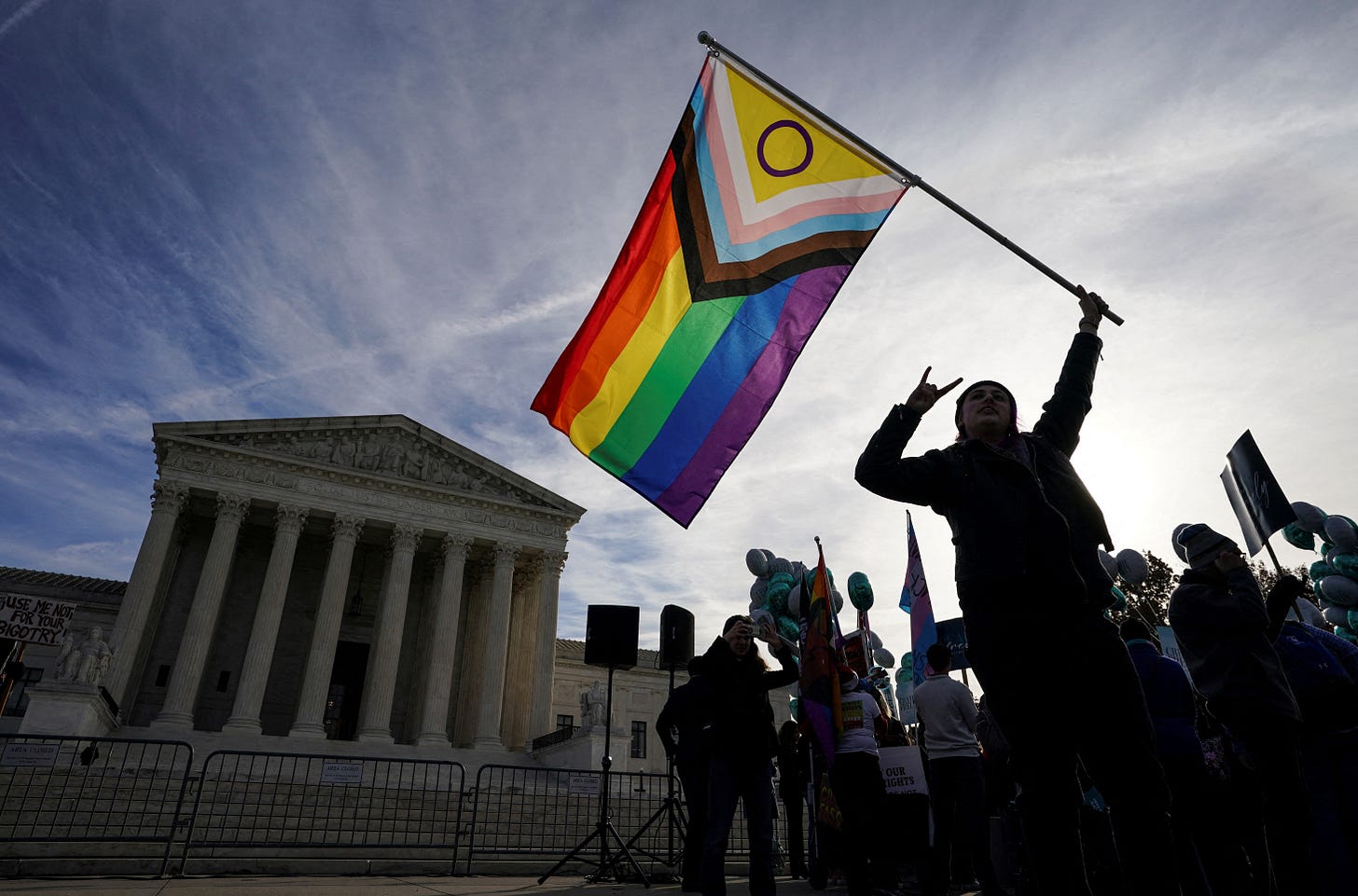US Supreme Court halts challenge to conversion therapy bans
Canada considers affirmative action for LGBTQ people
First off, in the States…
The Supreme Court has denied hearing a challenge to Washington state’s conversion therapy ban, making laws banning conversion therapy in 22 states safe for now. But it leaves in place a circuit split on the issue, because the 11th circuit has ruled such bans unconstitutional, making them illegal in Florida, Georgia, and Alabama.
Speaking of conversion therapy, we’re still expecting Norway’s Parliament to vote to ban it tomorrow, and Mexico’s Congress also ought to have a vote this week sometime.
Meanwhile, in the rest of the World…
Canada: The House of Commons continued second reading debate of the insidiously named Protecting Young People from Exposure to Pornography Act today, which if passed in its current incarnation, could require internet service providers to censor the entire internet from vaguely defined pornography. Second reading vote will happen on Wednesday afternoon. It’s already sailed through the Senate, but hopefully MPs will burn it to the ground now.
The federal government has also announced it supports including LGBTQ people under the Employment Equity Act, as well as counting Black people as distinct category (rather than including them under “visible minorities” as currently). The act requires the federal government and federally regulated employers (banks, telecoms, and airlines, mainly) to proactively hire and promote people from disadvantaged groups, which are currently defined as women, visible minorities, disabled people, and aboriginal Canadians (which will likely be updated to “Indigenous Canadians” if the government starts amending the act), and is distinct from various non-discrimination laws. It’s like what Americans call “affirmative action,” but it doesn’t apply to the vast majority of the economy, which is regulated by the provinces.
Poland: The reign of the right-wing anti-LGBT Law and Justice Party is finally over. Law and Justice lost the election in October to a center-left coalition, but has attempted to cling to power by delaying the opening of Parliament. Today’s non-confidence vote finally put an end to that. Tomorrow, Donald Tusk will present his new government to Parliament for a confidence vote and he should be officially installed as Prime Minister by Wednesday. Tusk’s coalition has pledged to introduce a hate speech law and decriminalize abortion, and Tusk’s party has promised to introduce same-sex civil unions (but it’s not yet clear if the coalition partners will support that yet).
Malawi: OpenDemocracy has a rundown on the constitutional challenges to the country’s sodomy laws. Nothing really new here, but it’s a good summary of where the case is now.
Chile: On Dec 17, voters will decide whether to approve a new draft constitution that many LGBTQ and women’s activists (among others) say is a huge step backward on rights. It looks like this one will fail like last year’s draft constitution, which critics said was too left-wing.
Philippines: The government is considering rejoining the International Criminal Court, after having left the body under unusual circumstances during the Duterte administration five year ago. There’s currently debate over whether the President can rejoin by executive action, or if the decision needs to be approved by a 2/3 vote of the senate again (who approved joining in 2011, but was given no say in leaving it). The ICC is currently investigating thousands of extrajudicial killings of alleged drug dealers during Duterte’s reign.




